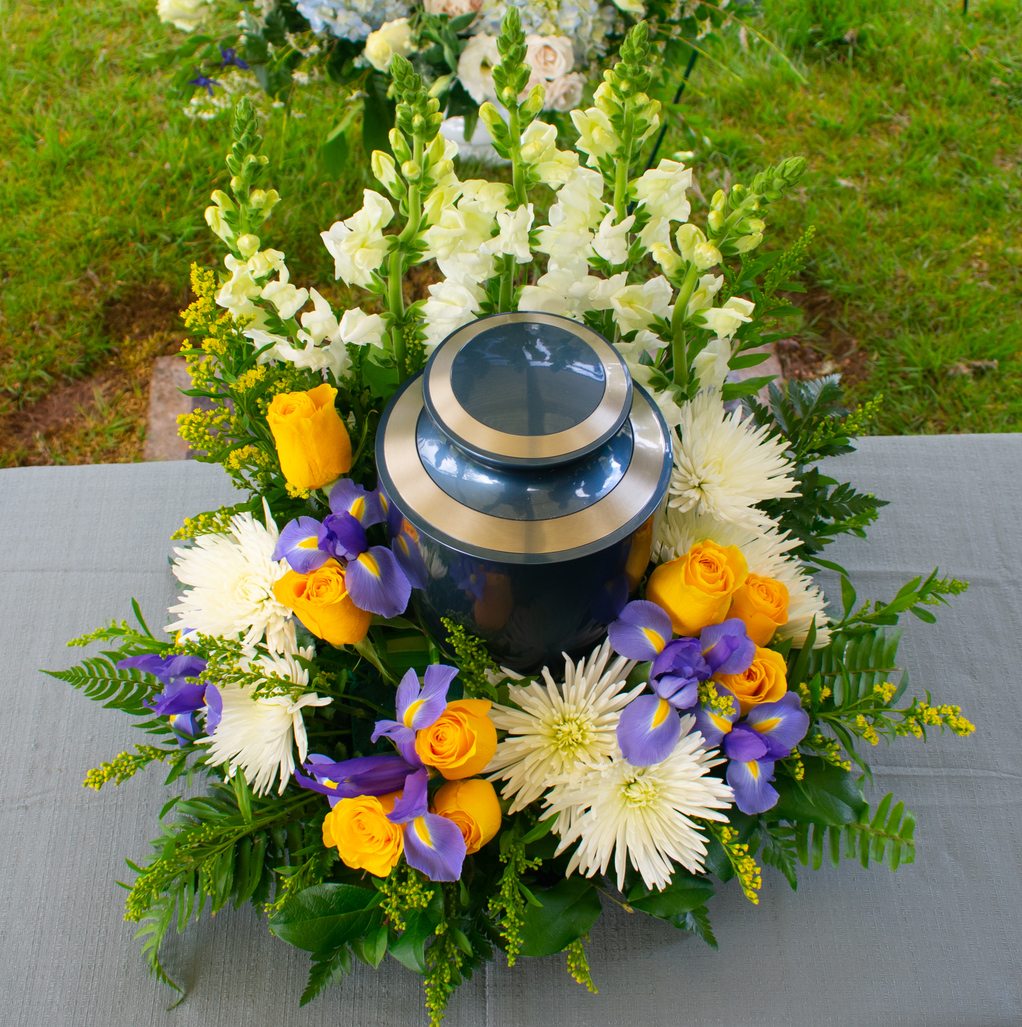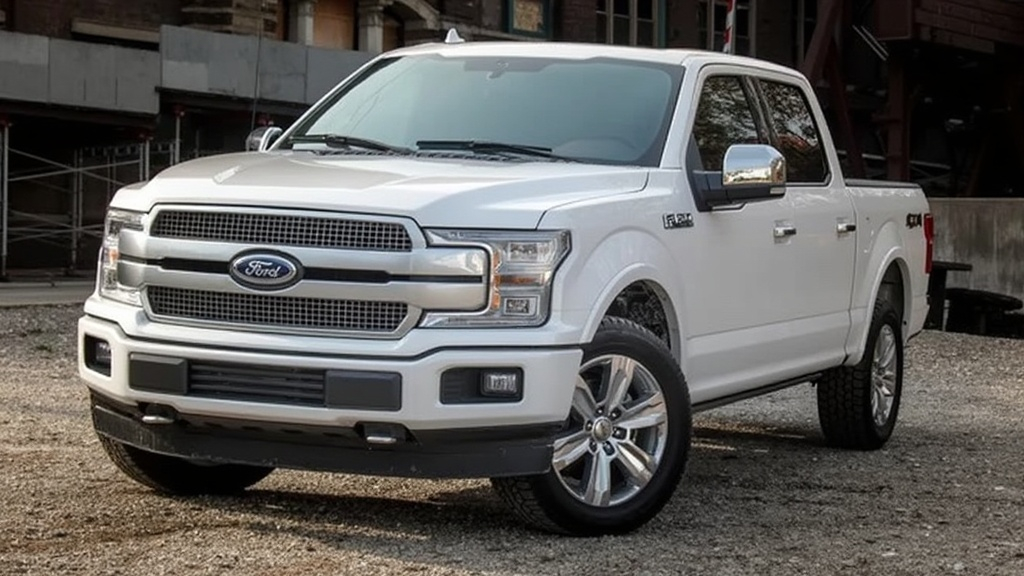Introduction to Cremation
Cremation has become an increasingly popular choice for end-of-life arrangements. Many families prefer cremation over traditional burials for various reasons, including lower costs, flexibility in memorial services, and environmental considerations. The details of the cremation process may surprise those unfamiliar with it. A clear understanding of cremation can help families balance personal preferences with budget considerations.

Understanding the Cremation Process
Cremation transforms a body into ashes through the use of intense heat. While the process is straightforward, knowing the steps can provide peace of mind. Here is an overview of the process:
- The body is identified and tagged to prevent errors.
- All personal items and medical implants are removed.
- The deceased is placed in a container made of combustible material, like cardboard or wood.
- The container enters a chamber where temperatures reach up to 1,800°F for several hours.
- After cooling, metal fragments are removed from the ashes.
- The remaining bone fragments are ground into fine ash and transferred into an urn.
For a detailed breakdown of the cremation process, visit The Living Urn.
Cremation Costs in your city
Cremation costs in your city vary based on the type of service chosen. Below are some common options with typical price ranges:
- Direct Cremation: A simple, no-frills option costing between $700 and $1,200.
- Memorial Service with Cremation: Includes a ceremony, usually priced between $2,000 and $5,000.
- Funeral Service with Cremation: Combines traditional funeral elements with cremation, often costing over $6,000.
For more detailed pricing, explore Choice Mutual's guide or Lincoln Heritage Life Insurance's overview.
Factors That Influence Cremation Costs
Several factors affect the total cost of cremation. Understanding these can help families plan more effectively:
- Location: Prices vary across regions and providers.
- Service Type: Direct cremation is the most affordable, while full-service options add to the cost.
- Urn Selection: Basic urns are economical, but custom or premium urns increase the overall expense.
- Transportation: If long-distance transport is needed, additional fees may apply.
To learn more about these cost factors, visit Trust & Will.
Why Prepaid Cremation Plans Make Sense
Many individuals opt for prepaid cremation plans to lock in current prices and reduce the financial burden on their loved ones. These plans often include:
- A choice between direct cremation or cremation with ceremonies.
- Urn selection or ash scattering arrangements.
- Administrative tasks, such as filing paperwork.
Preplanning offers peace of mind and financial stability. For more details, explore the links below.
Options for Storing or Scattering Ashes
Once the cremation process is complete, families can choose how to store or scatter their loved one’s ashes. Popular options include:
- Home Display: Many keep urns at home as a tribute.
- Scattering: Ashes can be released at sea, in forests, or other meaningful locations.
- Burial: Cemeteries may offer plots or niches for urns.
- Memorial Gardens: Specialized gardens provide a peaceful setting for scattering ashes.
Conclusion: Making the Right Choice for Your Family
Cremation offers families an affordable, flexible alternative to traditional burial. By understanding the process, costs, and available options, families can make informed decisions aligned with their preferences and budget. Whether opting for direct cremation or a full-service memorial, planning ahead ensures smoother arrangements and meaningful memorials.
For further insights, explore these helpful resources:
- Cremation Cost Breakdown – Choice Mutual
- Cremation Pricing Guide – Lincoln Heritage
- Process and Costs – The Living Urn
- Trust & Will on Cremation Costs
- Colorado Cremation Services
By planning early, families can reduce stress and focus on honoring their loved ones without financial strain.




